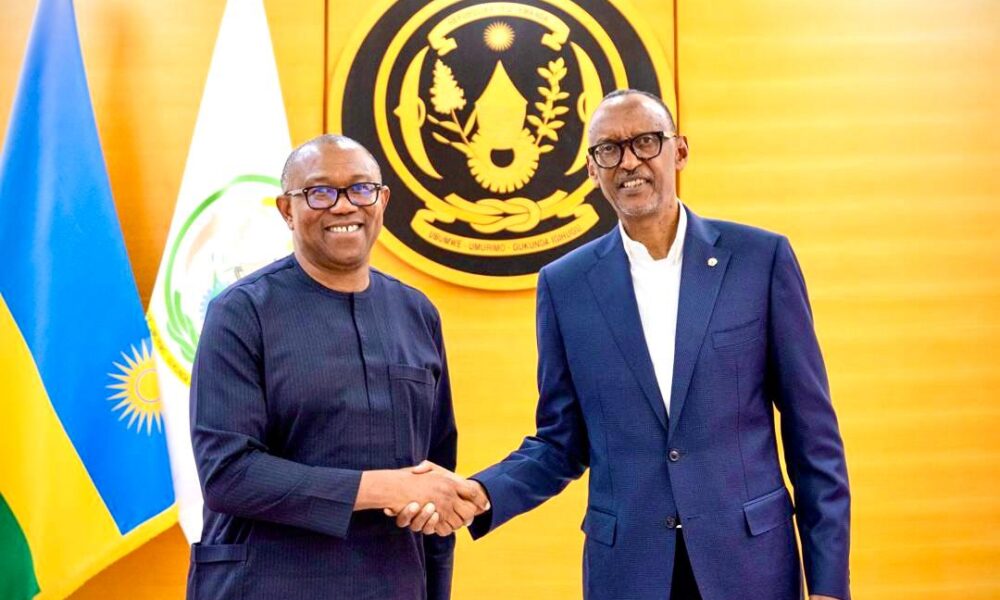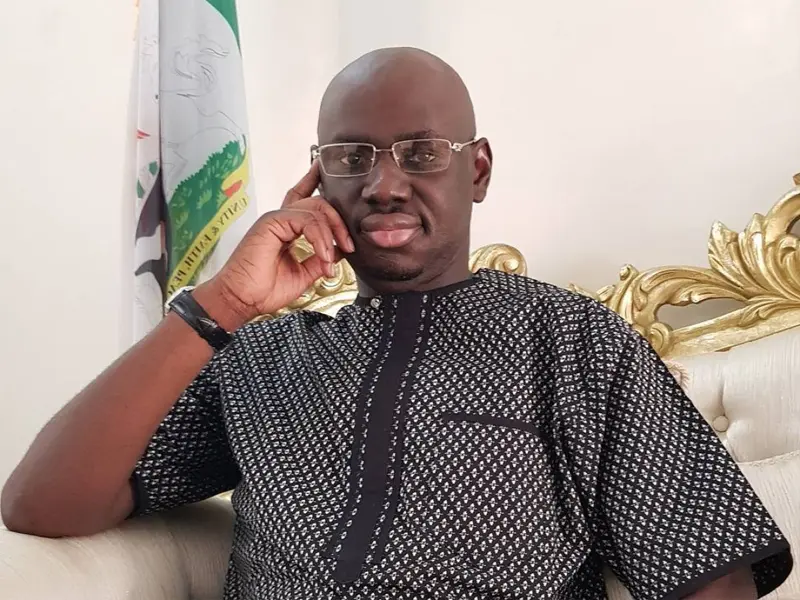***Lauds India for economic assistance to Sri Lanka
Visiting US Agency for International Development (USAID) administrator Samantha Power has applauded India’s economic assistance to Sri Lanka.
He however faulted China’s “opaque” loan deals with the island nation at very high rates of interest as having triggered the country’s current financial predicament.
Power also called upon all countries including India to ensure that Russia doesn’t renege on the UN-supported grain deal it signed with Ukraine to mitigate the global food crisis.

Power discussed the situation in Sri Lanka with her Indian interlocutors and, addressing a gathering later in the day, identified economic mismanagement and corruption, unwise agricultural policies, self-inflicted debt burdens, and a tourism sector crushed by Covid-19 as sources of the financial crisis.
“When the process of receiving loans carries with it a profound infringement on sovereignty and independence and very high interest rates, then things will get problematic,” said Power, responding to a query by ToI about her remark that opaque loan agreements had contributed to the crisis.
On Tuesday, Power also met civil society representatives to discuss freedom of expression, speech, identity, and “the importance of protecting the rights of minority groups”. She was said to have underscored the US’ “continued commitment” to work with civil society organisations around the globe to advance human rights and fundamental freedoms.
According to Power, the debt challenge was not unique to Sri Lanka and that many “debt distressed” countries in Africa and Asia were hoping that their calls will be answered. It is really essential that Beijing participate in debt relief transparently and on equitable terms with all other creditors, she said.
“Indeed, over the past two decades, China became one of Sri Lanka’s biggest creditors, offering often opaque loan deals at higher interest rates than other lenders, and financing a raft of headline-grabbing infrastructure projects with often questionable practical use for Sri Lankans,” said Power.



